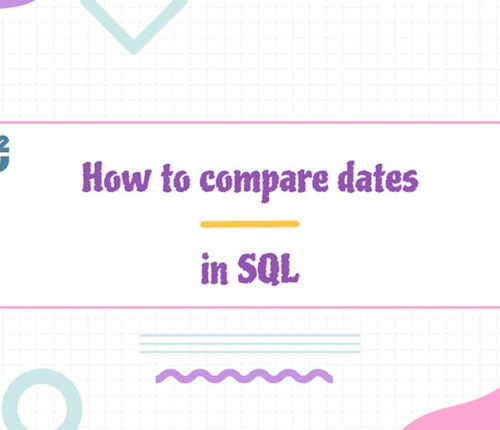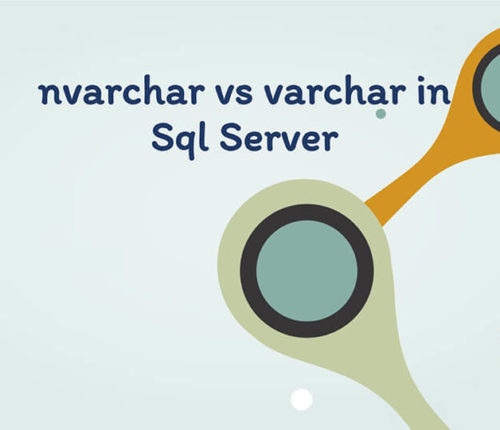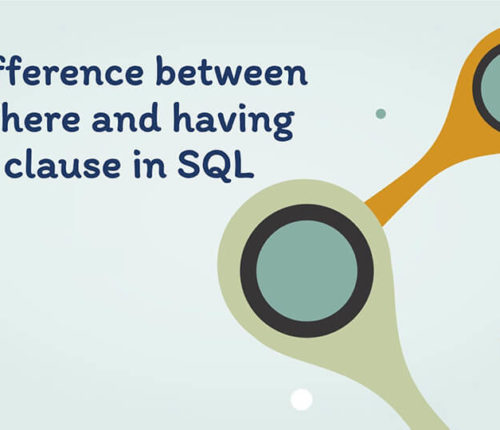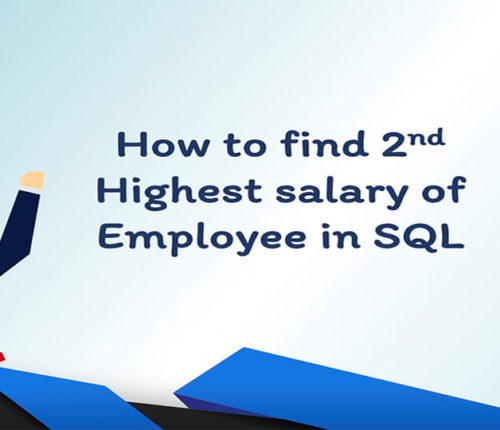SQL


 08 October
08 OctoberHow to Compare Dates in SQL
Agenda This article will look at yet another interesting topic in SQL commonly asked in interviews – How to Compare Dates or Date type date in SQL. We will look at different approaches with examples for a clear description. At first, let’s have a quick look at the Date data type in SQL. Introduction to […]
 29 July
29 Julynvarchar vs varchar in SQL Server
This article will look at the difference between the data types NVARCHAR and VARCHAR in SQL. These data types are commonly used for storing textual data or strings for various design purposes. We will look at the description of each along with the best-case scenario to use each data type with practical examples. We will […]
 30 June
30 JuneDifference between WHERE and HAVING clause in SQL
In this article, we will look at the difference between the WHERE and HAVING Clause in SQL. This is an important question asked in Interviews so we will look at each Keyword in detail with sample queries and compare their differences. At first, let us look at the description of the WHERE and HAVING Clause. […]
 05 April
05 AprilJoin 3 or More Tables in SQL
In this article, we will have a look at an important topic in SQL, how to perform Join when there are more than two tables given . Typically, Joins or JOIN Clauses are used to combine rows or records from two or more tables on the basis of a common or related column between them. […]




